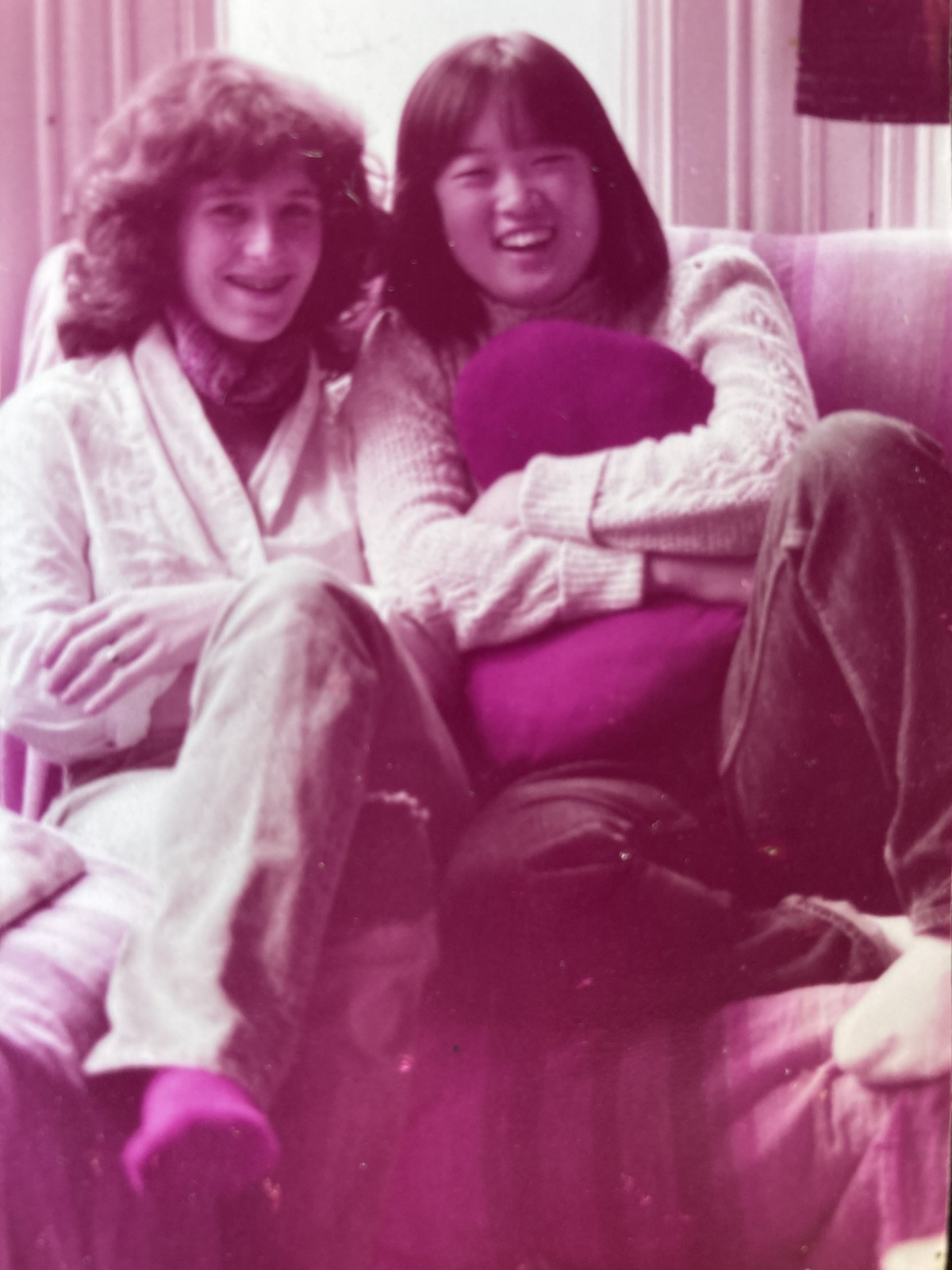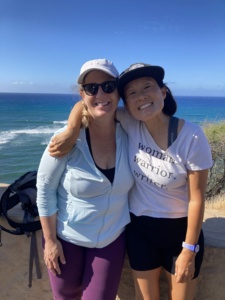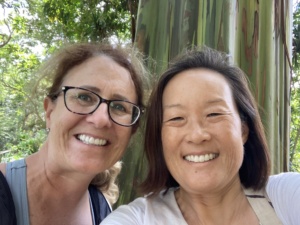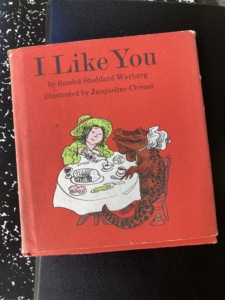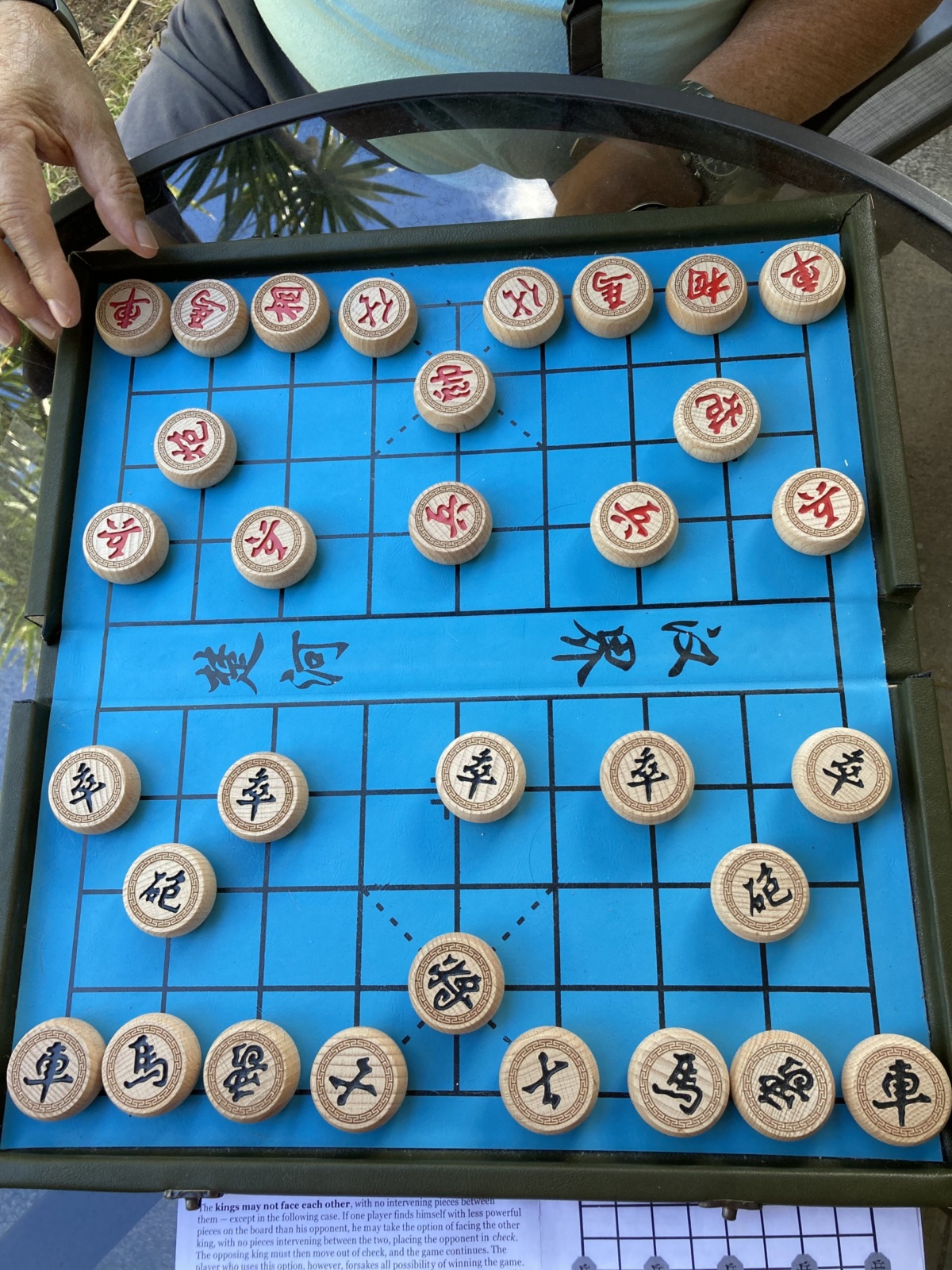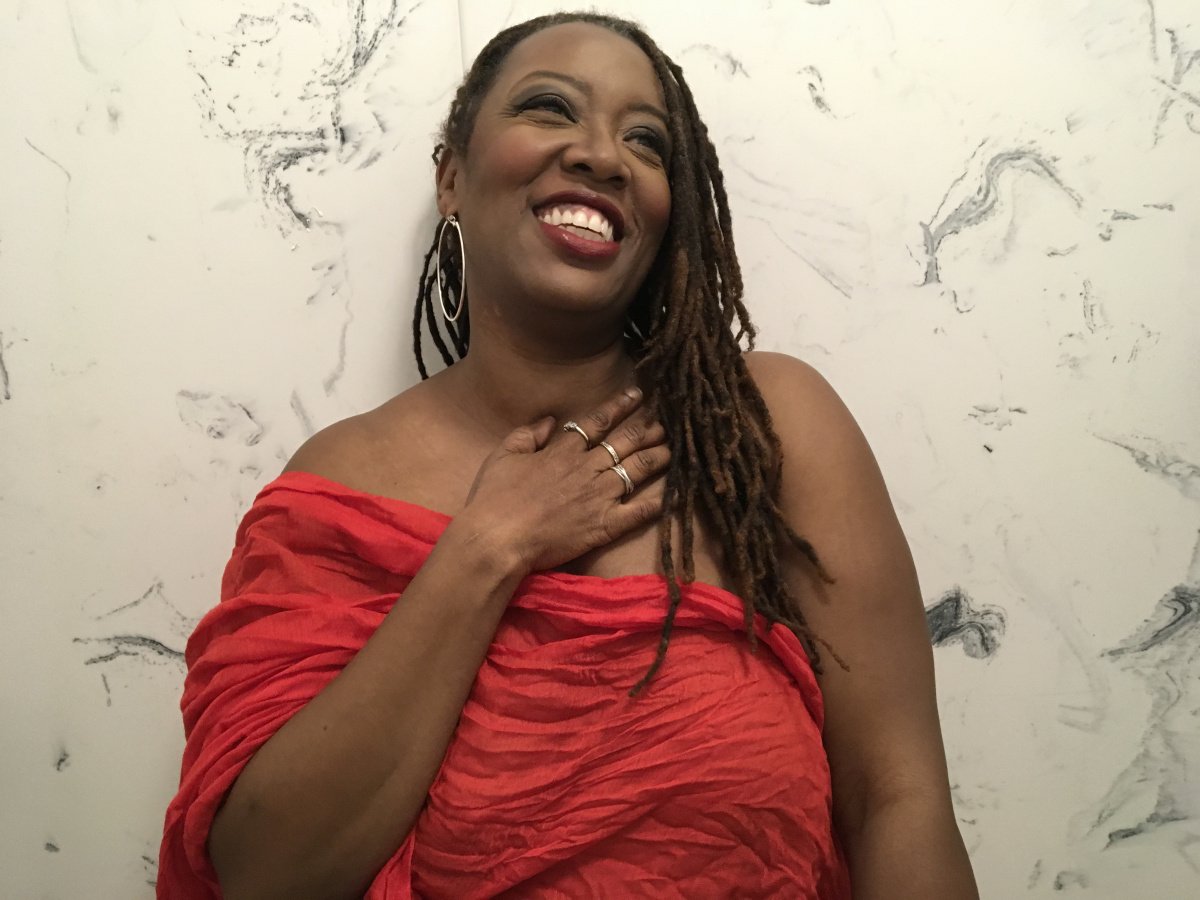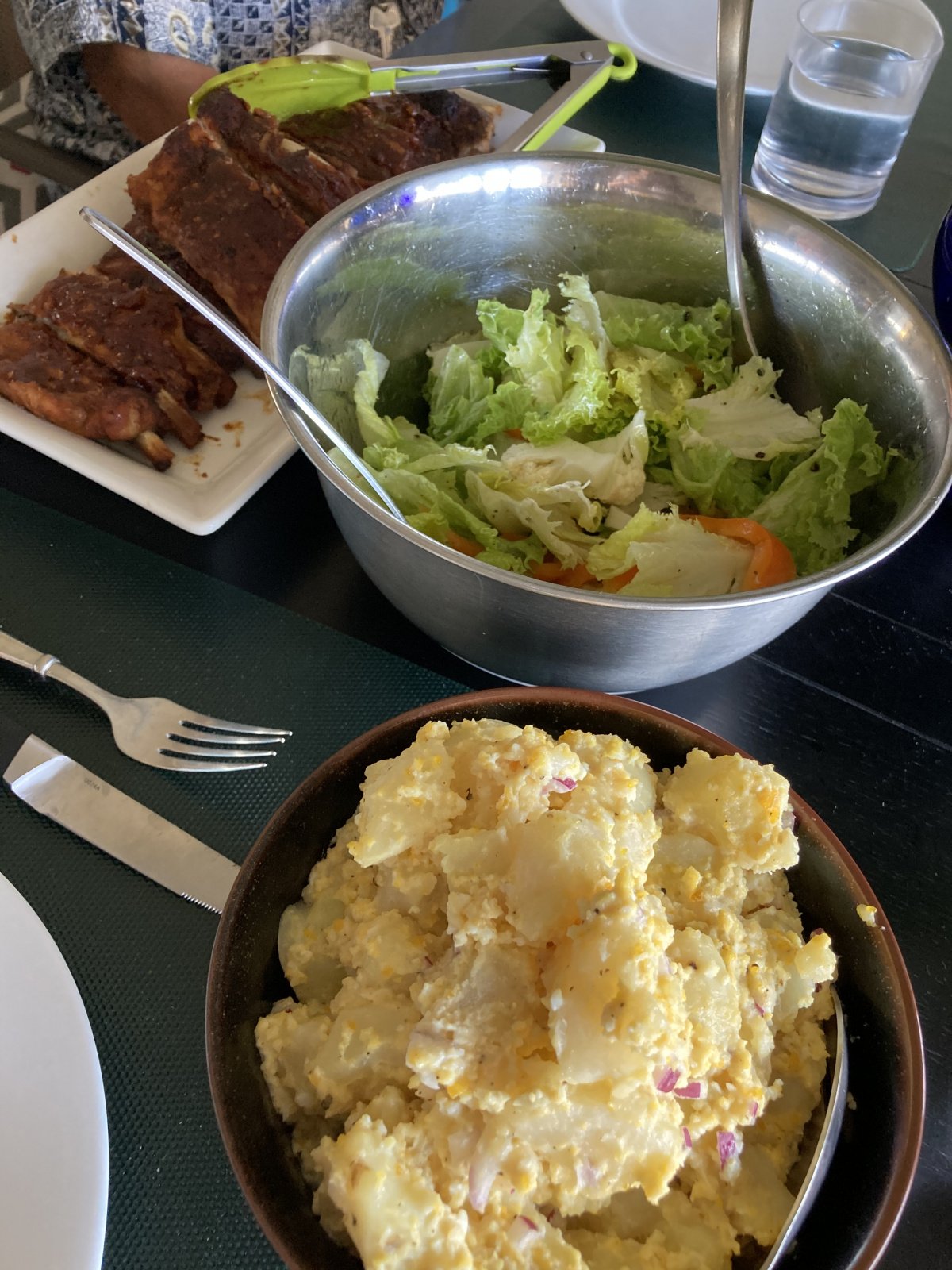A word to those embarking on their divorce journey: a key player on your divorce team is your lawyer. Divorce is the disruption of a business agreement. A break. It is not a time to say “Oh, I don’t really care. I feel too tired to make any decisions.” Think about it: No matter how tired you got of organizing your wedding, you were able to find the energy to figure out the logistics or style of your cake or dress. Muster the energy to get legal support. The only divorce that goes away is the completed one.
Get referrals to lawyers from friends. I interviewed a dozen lawyers both overseas and in the US. You need to be willing to give the facts. Be prepared to discuss the details and personal information. Divorce varies from state to state, nation to nation. Know some basics—google.
Your lawyer must be on your team. This is more important than any other quality or characteristic. Will the lawyer understand you more due to your gender? Ethnicity? Background? Frankly, that’s hard to say. The lawyer must understand your perspective. I had one lawyer (woman) tell me she didn’t like representing women as they were “too emotional”.
I didn’t hire her—and I would go so far as any woman would be absolutely bonkers to hire someone who is uttering such sexist statements. This woman is rooting for the patriarchy. I will bluntly state something here. You may be too (with or without knowing it), but get this women, if someone is rooting for the patriarchy, where does that leave you? In. The. Dust. Or if you prefer a metaphor from this image: smashing your head on a coral reef.
If you are in a precarious psychological state or are not versed in the financial or business implications of your split, you need to know your lawyer will look out for you. You must be able to speak truthfully to this person. If you get a bad vibe, if you can’t trust this person, do not ignore your instincts—find someone else.
One of the best pieces of advice I got from a friend was this: “Do not use your lawyer as a therapist.” Lawyers figure out your legal and financial interests. Therapists fix your emotional issues. Using your lawyer as a therapist is very costly.
Ask the following:
- Experience with your type of case (be prepared to state in a few sentences what you have going on—kids, money, property etc…).
- Retainer and hourly rates/estimate
- Advice about mediation, collaborative, or standard divorce
- Time framework and availability
Start writing your divorce story. How do you do this? You have to start changing your mind about who you are and who you were. Examine the Master Narratives that governed your life. Look at yourself with new eyes. Writing your story and sharing it with your lawyer will help move you forward, as well as center your thoughts and ideas as you head into the next chapter of your brave and beautiful life.

